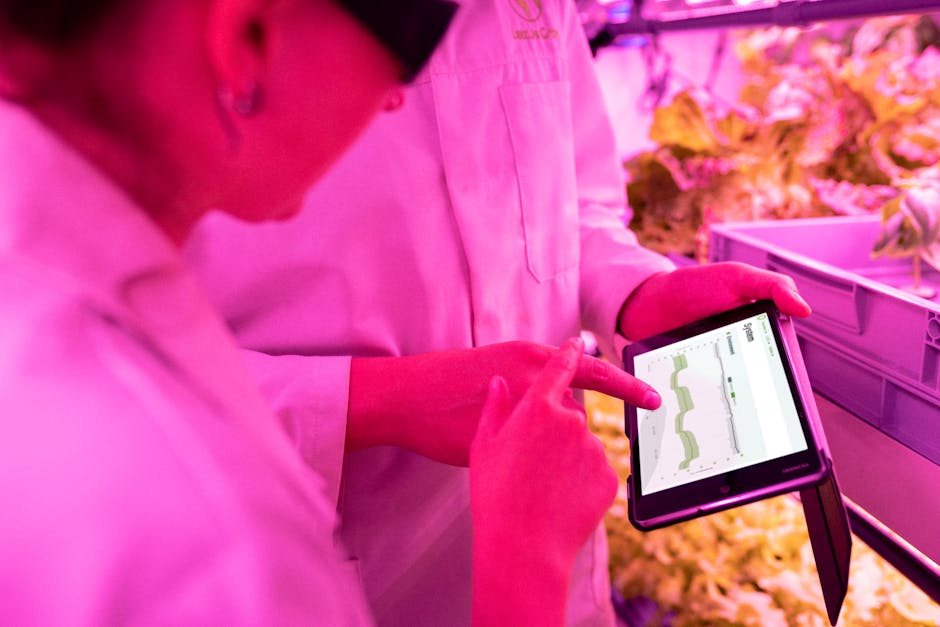The agricultural sector stands at a critical juncture, facing unprecedented challenges and opportunities. Feeding a burgeoning global population while mitigating environmental impact necessitates innovative and forward-thinking agricultural research. This exploration delves into the evolving landscape of agricultural research, highlighting emerging priorities and potential pathways for future breakthroughs.
A fundamental shift is occurring, driven by a confluence of factors. Population growth, coupled with changing dietary preferences and increasing urbanization, places immense pressure on existing agricultural systems. Simultaneously, the effects of climate change are manifesting in erratic weather patterns, altered growing seasons, and increased pest and disease prevalence. These factors demand a research agenda focused on resilience, sustainability, and productivity enhancement.
A key focus of future research will be enhanced crop resilience. Scientists are investigating strategies to make crops more tolerant to drought, salinity, extreme temperatures, and various forms of stress. This will encompass genetic modifications, utilizing diverse plant breeding techniques, and developing sophisticated irrigation and water management systems. Research into the intricate interplay between crops and their environment understanding the precise mechanisms of adaptation and stress response is vital for developing sustainable agricultural practices capable of thriving in a changing climate.
Beyond traditional crop breeding, research into novel agricultural technologies holds immense promise. Precision agriculture, leveraging data analytics and sensor technology, is poised to revolutionize farming practices. This approach allows for tailored resource management, optimizing fertilizer application, irrigation schedules, and pest control based on real-time data. Further, the integration of robotics and automation, including automated harvesting and weeding, will likely increase productivity and efficiency.
A crucial aspect of future agricultural research is exploring sustainable alternatives to conventional agricultural practices. Reducing reliance on synthetic fertilizers and pesticides will be a major focus. Research into biological pest control methods, nutrient cycling strategies, and integrated pest management systems is critical. Moreover, understanding and promoting the beneficial roles of soil microorganisms, such as beneficial fungi and bacteria, is crucial for maintaining soil health and fertility.
Animal agriculture also needs to embrace sustainable practices. Improving feed efficiency and reducing greenhouse gas emissions from livestock are vital components of this research. Scientists are investigating innovative feed formulations, exploring alternative protein sources, and exploring ways to optimize manure management for reduced environmental impact. Research into stress management for livestock in extreme weather conditions will be paramount, ensuring animal welfare in tandem with sustainable output.
Addressing food security is a paramount goal. Developing high-yielding crop varieties adapted to different environmental conditions, and boosting productivity in areas with limited resources, will be essential. Research into climate-smart agriculture and drought-resistant crops, along with the development of efficient and accessible irrigation systems, will play a vital role in supporting global food security. Moreover, the research must consider socioeconomic factors, ensuring equitable access to advanced technologies and knowledge for all farmers.
Another pivotal element within future agricultural research will be the expansion of knowledge in nutritional science. Research will focus on tailoring crop production to address specific nutritional needs, for instance, through the development of fortified crops or nutritional enhancement strategies. This aspect of research connects with the increasing global demand for healthier and more nutritious food sources.
The integration of technology and data analytics will transform agricultural research itself. The use of digital tools and platforms is transforming the way research is conducted, fostering collaboration and knowledge sharing among researchers globally. This facilitates faster dissemination of discoveries and their application across different agricultural contexts. Moreover, big data and machine learning are enabling the development of predictive models for crop yields, disease outbreaks, and resource needs, leading to more accurate and proactive management strategies.
The role of stakeholders, encompassing farmers, policymakers, and researchers, is critical in shaping the future of agricultural research. Open communication and collaboration are paramount for ensuring the developed technologies and knowledge are effectively implemented. Collaborative research projects encompassing these diverse stakeholders can facilitate the translation of research into practical solutions for farmers, leading to tangible improvements in agricultural practices and sustainability.
In conclusion, the future of agricultural research is an intricate interplay of technological innovation, environmental considerations, and societal needs. The relentless pursuit of sustainable solutions, integrated approaches to enhance crop resilience, the exploration of novel technologies, and fostering collaborative endeavors among stakeholders will be essential for navigating the agricultural landscape of the future. This dynamic and multifaceted research agenda will be instrumental in ensuring a robust, resilient, and sustainable food system that meets the needs of a burgeoning global population.
